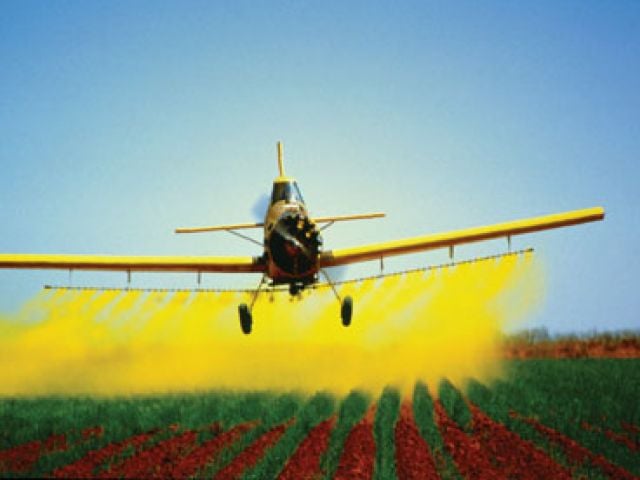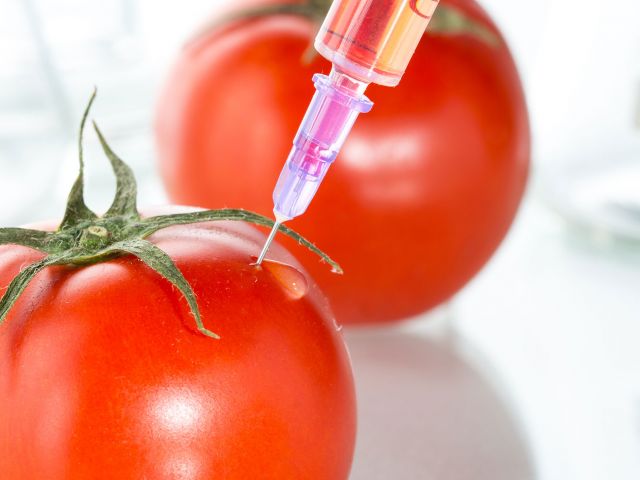EWG’s 2016 Dirty Dozen™ List of Pesticides on Produce: Strawberries Most Contaminated, Apples Drop to Second
Conventional strawberries top the Dirty Dozen™ list of EWG's 2016 Shopper's Guide to Pesticides in Produce, displacing apples, which headed the list the last five years running.




















